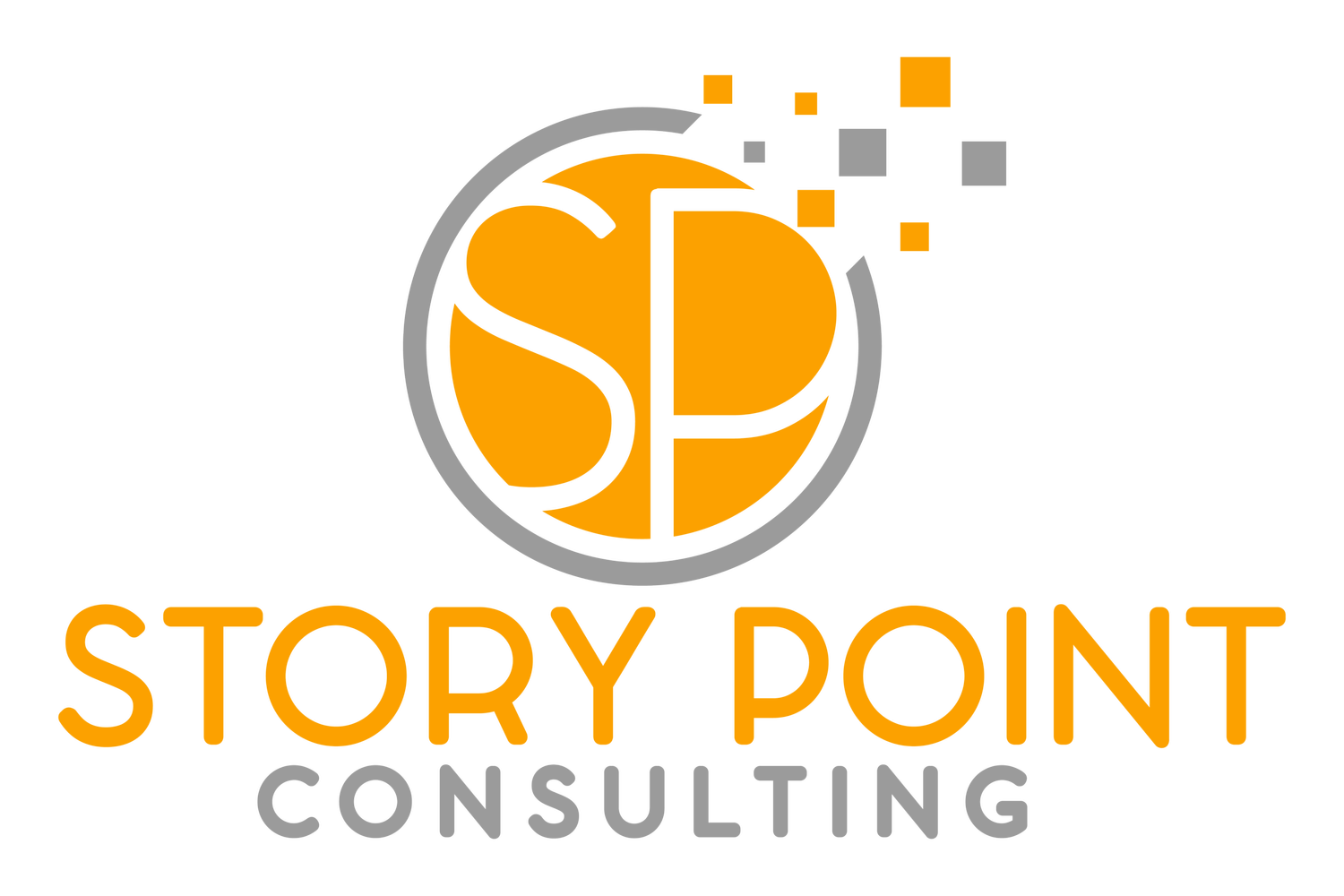7 Considerations for Hiring a Consultant To Work With Your Nonprofit
Hiring a consultant can be an exhausting process. How do you know if the person you work with will be a good fit with staff? What will they provide? And more importantly, will whatever they provide be useful?
Bringing in an external consultant can have huge benefits including:
Increased staff capacity for your organization.
Specific expertise that does not exist within your current team.
Knowledge of best practices developed through working with many nonprofits.
Strategic direction for your staff and board.
While the advantages are clear, the process of choosing a consultant takes careful thought. Every organization has unique needs, and finding the right person to match those needs is essential.
But, an important part of the process is bringing on the right consultant that will have maximum impact for your organization. In this article we are sharing seven considerations that will help you identify the right consultant.
Ensure your expectations are realistic. Ideally, a consultant should solve all the problems within your organization right? Well, as lovely as that sounds, it probably isn’t realistic. It’s best to meet with a potential consultant, explain what issue you would like to improve upon and have them share what they think they can do to advance your organization's goals. Their recommendations will help your organization to set realistic expectations and understand if bringing the consultant on will deliver the desired results.
Identify ONE key issue or problem that needs to be addressed. Particularly if your organization has never worked with an external consultant, it can be helpful to start with one issue that your organization needs to address. Having something specific, for example creating a fundraising plan, can help you compare and contrast what different consultants are offering to help your organization do its due diligence. Also, if you hire a consultant and they are very helpful with one issue, you can consider bringing them back to address next steps or another issue in the future. Developing a relationship with a consultant is ideal since as they gain knowledge of your organization, they can be more effective as time passes.
Develop a plan to fund the project. It’s very important to figure out how your organization will fund the work of the consultant. Do you need to apply for a grant? Does your organization have money set aside? Does the board support setting aside those dollars? Consulting fees can vary, but in general a small project may cost $5,000 - $10,000 and a larger long-term project may cost $50,000+. An investment like this will take planning for most organizations, so ensure you have the funding figured out first before reaching out to a consultant.
Establish a budget. Most consultants will ask your organization what the budget is. This is because even if your organization has secured a grant to support the consultant’s work, sometimes it is best for your organization to reserve some of those funds to implement recommendations, or produce communication materials for example. A budget will help the consultant develop a fair contract with deliverables that are aligned with your organization's goals at a cost you can afford. While consultants do need to be compensated for their work, most are not interested in charging an organization far more than they can afford. Nonprofit consultants are also experienced working in the sector and have knowledge and experience regarding what a fair contract is.
Determine what ideal deliverables will be. Your organization can bring in the most experienced, celebrity consultant available, but it won’t be that helpful if the consultant provides your organization with deliverables that you cannot use. A bound book of recommendations may seem great, but will your small nonprofit really be able to implement (or even go through and read) a large list of recommendations? So, ensure your organization is working with a consultant that can provide you with something right-sized for your team.
Use several channels to seek out proven consultants. If your organization has not previously worked with consultants, you may not know where to start. Some great ways to find a consultant can include attending a workshop or training session and reaching out to the presenter, emailing the writer of a relevant article, word of mouth referral, or even a simple Google search. Researching can be time consuming, but will be well worth the effort to identify a suitable consultant.
Review the contract. Generally, a contract will be the last step in the process before securing your consultant. Ensure that the contract reflects the conversations you have had, the pricing is what was agreed upon, and the timeline is suitable. Once the written terms are acceptable you can sign the contract and start the work.
Hiring a consultant may seem intimidating, especially if your organization has never worked with a consultant, but once you have gone through the process it gets easier in the future. And, once you find an ideal consultant, hopefully you will develop a great relationship that will help build future capacity for many of your organization's projects.
If your nonprofit has recently received a grant to create, or improve your fundraising strategy we can help. We collaborate with organizations on projects that help increase your capacity, and serve your communities.




